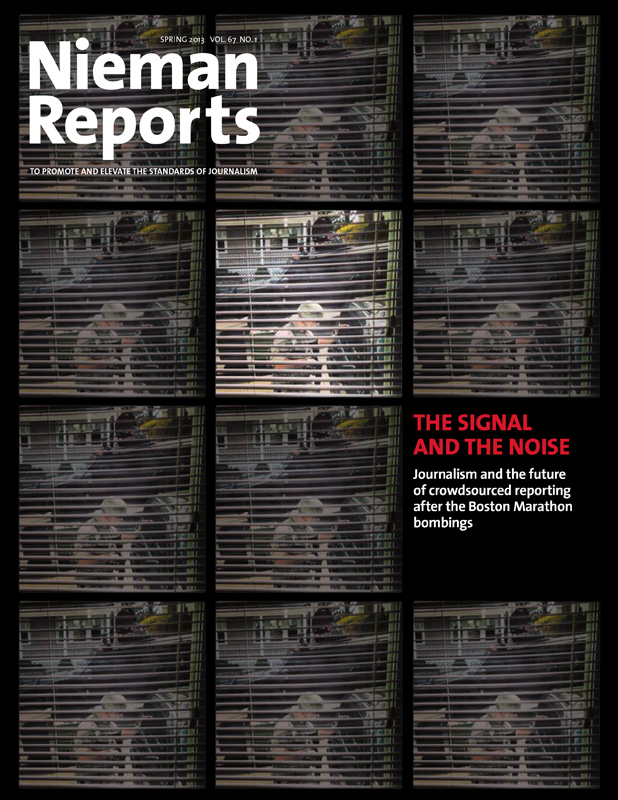
Photo courtesy of SBS
“First, I just fainted and vomited, but later it became worse and my whole body was shaking.” That’s what one conscripted policeman told us about the constant beatings he said he received from his trainers. (In South Korea, all young men are drafted into the military; some complete their military service as policemen.) Another, who was receiving treatment for mental health problems, carefully handed us his diary, which he said contained all the dates and places where he had been abused.
My colleagues and I at SBS (Seoul Broadcasting System), the largest private TV station in South Korea, heard these stories, even though the National Police Agency assured us there wasn’t any violence in the units. Even the young men talking to us had difficulty proving their stories because they didn’t have any physical bruises. “They hit in places that really hurt but don’t show,” one said. We decided to look into it.
We set up cameras on tall buildings near some of the training sites and barracks. After about two weeks, we witnessed conscripted policemen being kicked and hit on their helmets with sticks. We got it all on camera. In addition, we found that 160 conscripted policemen were being treated for mental health problems that developed after they started training. A lot more were unsuccessfully fighting to get treatment. It was the first time that violence in the conscripted police had been linked to mental health problems. We also found that of the roughly 50,000 conscripted policemen serving in 2001, more than 500 claimed they had been beaten and abused.
In South Korea, news was heavily censored under the military-influenced governments of the 1970s and ‘80s. Journalists who veered from the party line were beaten, tortured and fired. But starting in the early 1990s, after the government agreed to direct presidential elections, broadcast journalists began producing one-hour investigative newsmagazines, often modeled on “60 Minutes.” The shows became extremely popular; too popular, in fact. Under the administration of President Lee Myung-bak (2008-2013), most investigative newsmagazines were either cancelled or prevented from airing material critical of the government.
Still, South Koreans value watchdog journalism, and South Korean broadcast journalists are experimenting with new ways to give it to them. Last year, investigative journalists who had been fired during President Myung-bak’s administration started an independent online investigative news program called “News Tapa.” SBS produces an annual Future Korea Report, which identifies underreported social problems and suggests solutions. In the run-up to last year’s National Assembly and presidential elections, for example, SBS announced it would air voter photos from polling stations. As a result, many young people, who wanted to see their images on TV, turned out to vote for the first time.
Traditional media have to find ways to persuade people that watchdog reporting is worth watching. It is our job to innovate and experiment to help viewers better understand important social issues, like police violence and voter turnout. One sign of success: When South Koreans are asked what kind of news they trust the most, they answer terrestrial TV news and investigative newsmagazines.
Chong-ae Lee, a 2013 Nieman Fellow, is senior reporter for SBS (Seoul Broadcasting System) in South Korea, where she has worked since 1995.
MORE ON WATCHDOG REPORTING
From Shoe Leather to Big Data: ProPublica and the Future of Watchdog Journalism
By Robin Fields
Ask The Right Questions: MuckRock Makes FOIA Requests Easy
By Michael Morisy
Truth or Consequences: Where is Watchdog Journalism Today?
By Dan Froomkin
No Profession for Lone Wolves: Watchdog Reporters Need to Work Together
By Stuart Watson
Cross-Border Collaboration in Watchdog Journalism
By Stefan Candea
Let the Readers Know: How Journalists and the Public Can Work Together
By Ken Armstrong
Do the Right Thing: Watchdog Reporters Handle a Bombing in Philadelphia
By William Marimow
Our Communities Crave Watchdog Journalism
By Raquel Rutledge



